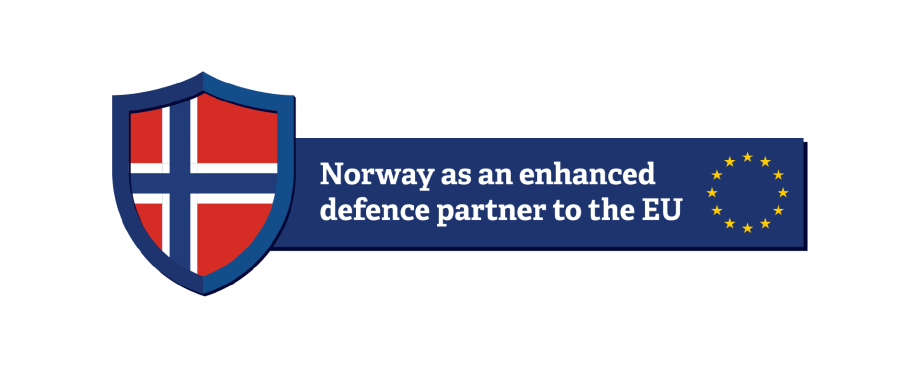Since 2014 European defence cooperation has made unprecedented and unexpected progress. The European Union (EU) has become more active in leveraging its tools to strengthen European defence cooperation. For example, through new EU defence initiatives such as Permanent Structured Cooperation (PESCO), the European Defence Fund (EDF), Capability Development Plan (CDP) and Coordinated Annual Review of Defence (CARD). However, not all EU Member States have made up their mind, and their views in such areas as the third-party access of NATO-allies, defence industrial interests, etc. and still being shaped and negotiated. Therefore, if Norway wants to avoid being left out from the EU‘s defence integration dimension (for example from industrial arrangements, financial support mechanisms or intellectual property rights), it has to act now to secure itself a meaningful third-party access in the European Defence initiatives.
The goal of this project to understand the potential risks and opportunities in the area of defence for Europe and the its implications for Norwegian security and defence policy. What is more, to help both Europe and Norway become active partners and seek possible ways on how to work together across project in the future defence and security policy - both on the front of hardware-based capability development and operational readiness-oriented capability. To put it simply, the project will explore potential for meaningful third-party access in the European Integration framework and contribute to strengthening practical cooperation between Norway and the EU.

